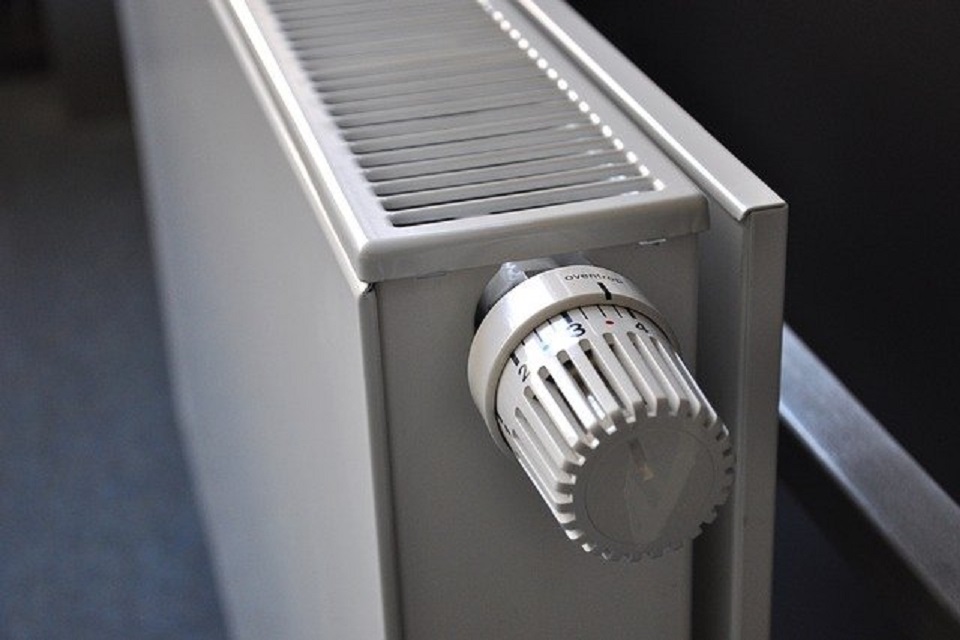Many people might overlook the importance of radiator material. With the thermal efficiency, the position of the radiator and the shape of the heating unit are also equally important. These are all factors that influence the overall BTU production of your home.
However, radiators can be built from several materials nowadays. With so many materials to choose from, it can be difficult to decide which one suits you and your home.
Aluminium is being used as a radiator material for quite some time now and here we are with the advantages and disadvantages of aluminium radiators. If you are looking for quality aluminium radiators for sale, you can always find that from us.
Aluminium Radiators
Aluminium radiators are found in many homes, having quickly become one of the most popular materials for making heating units. Many designer radiators at are made from aluminium, along with all kinds of shapes, sizes, and power inputs.
What Makes Aluminium Fit as a Radiator Material
Aluminium is one of the most abundant metals in the world. Discovered in the 1750s, aluminium makes up about 8% of the earth’s crust. Although it is found in such large quantities, aluminium occurs rarely in its solid form. However, it can be extracted from other metals and rocks by potassium and sodium and its creation has been observed in space, created by nuclear fires in stars when a proton is added to magnesium.
Aluminium has many applications in the modern world. From airplane bodies to bicycles, much of our metal today uses aluminium.
Light Metal
One of the great things about aluminium is that it’s a light metal. This makes it much easier to transport and install. Lightweight metal makes it perfect for quick installs and creative designs, and is much easier to handle due to its weight. This is a great advantage for those who require quick and easy installation.
Quick to Heat
Aluminium has fewer atoms due to its light weight. When metal is heated and atoms start to vibrate faster, they have an easier time react with each other and diffuse heat. This means that an aluminium radiator heats up much faster than any other material.
Abundant
As mentioned above, aluminium is easily found in the earth’s crust, which brings the prices down as it is easily supplied and processed at low cost. In the long run, this makes aluminium radiators cheaper to buy and ensures you get a great value product.
Malleable
So many transports and infrastructures are made of aluminium, all different in design and shape. This is great for the designer radiator market. Whether you are choosing central heating or an electric radiator, aluminium offers flexibility that allows designers to create unique designs.
Disadvantages
However, there are some points that may discourage you from aluminium. While these are just small questions and will most likely not outweigh the positives, you should still keep this in mind when choosing your radiator.
Quick to Cool Down
Aluminium heats up quickly and therefore cools quickly. This means they are perfect for short, sharp bursts of heat in a smaller room, but may not work for long periods of time in larger rooms.
Need Maintenance
Aluminium is a reactive metal and therefore will need protection from rust. Even though most radiators come with a finish or paint job, you should keep an eye out for metal degradation. Although very strong, aluminium is a fairly soft metal and must be handled with care.


